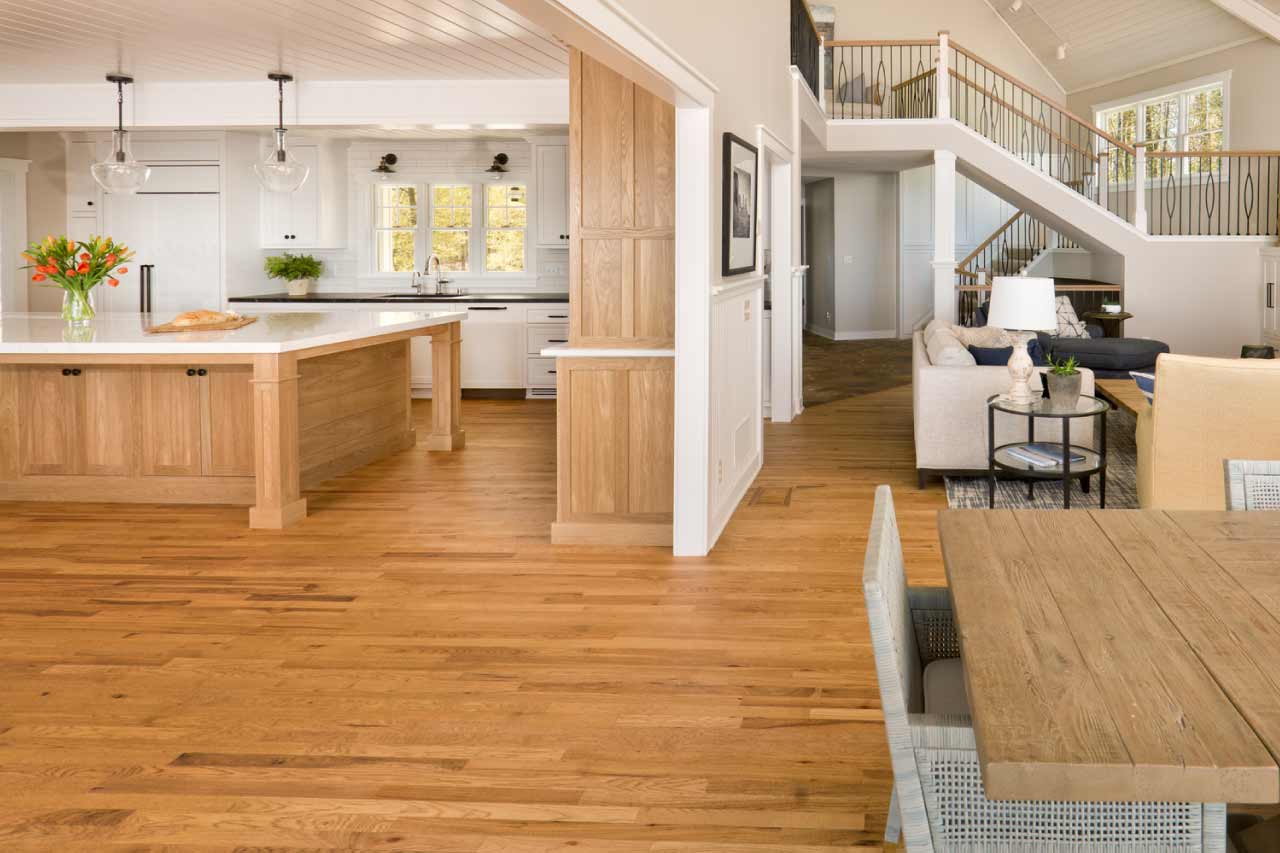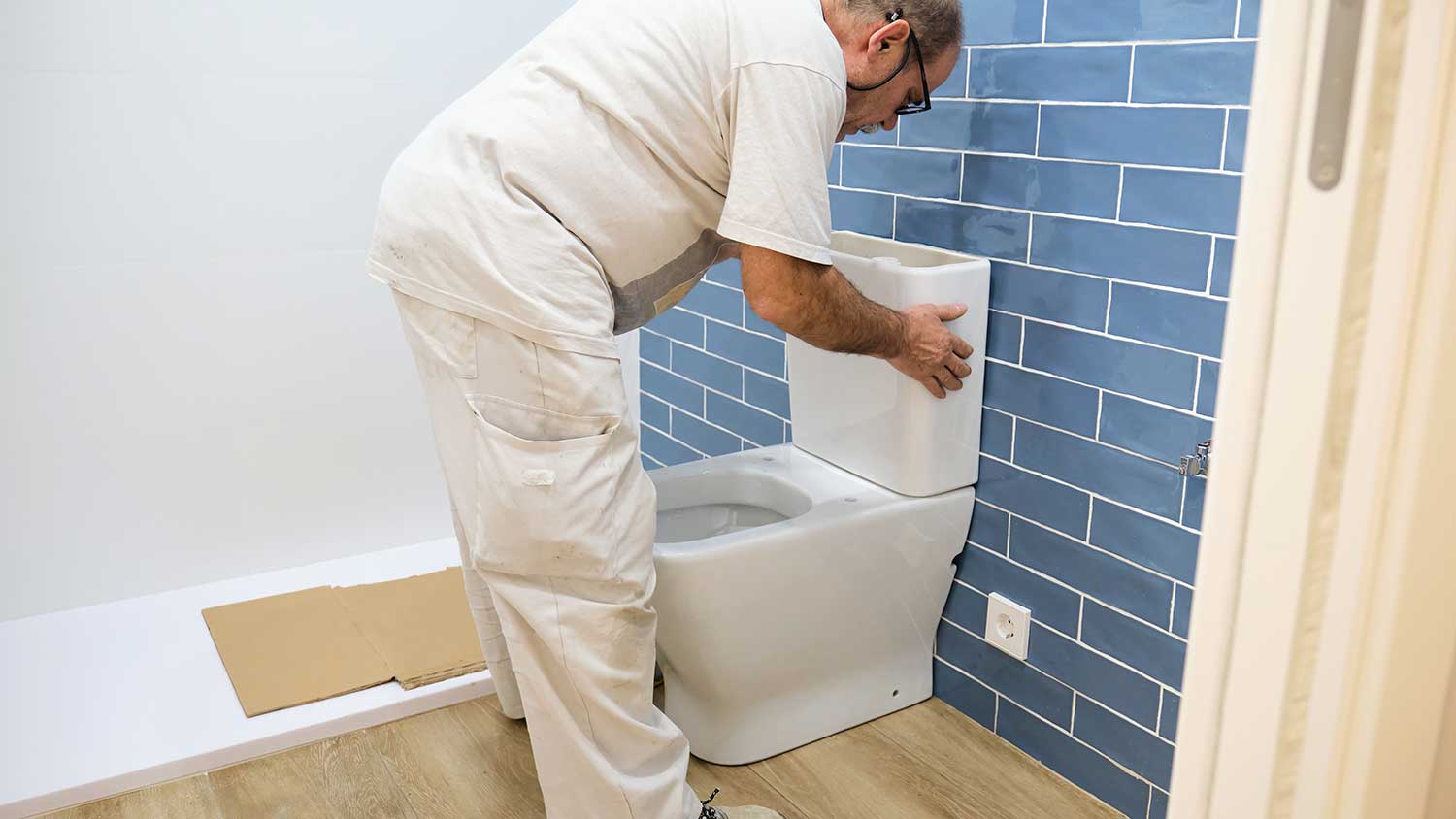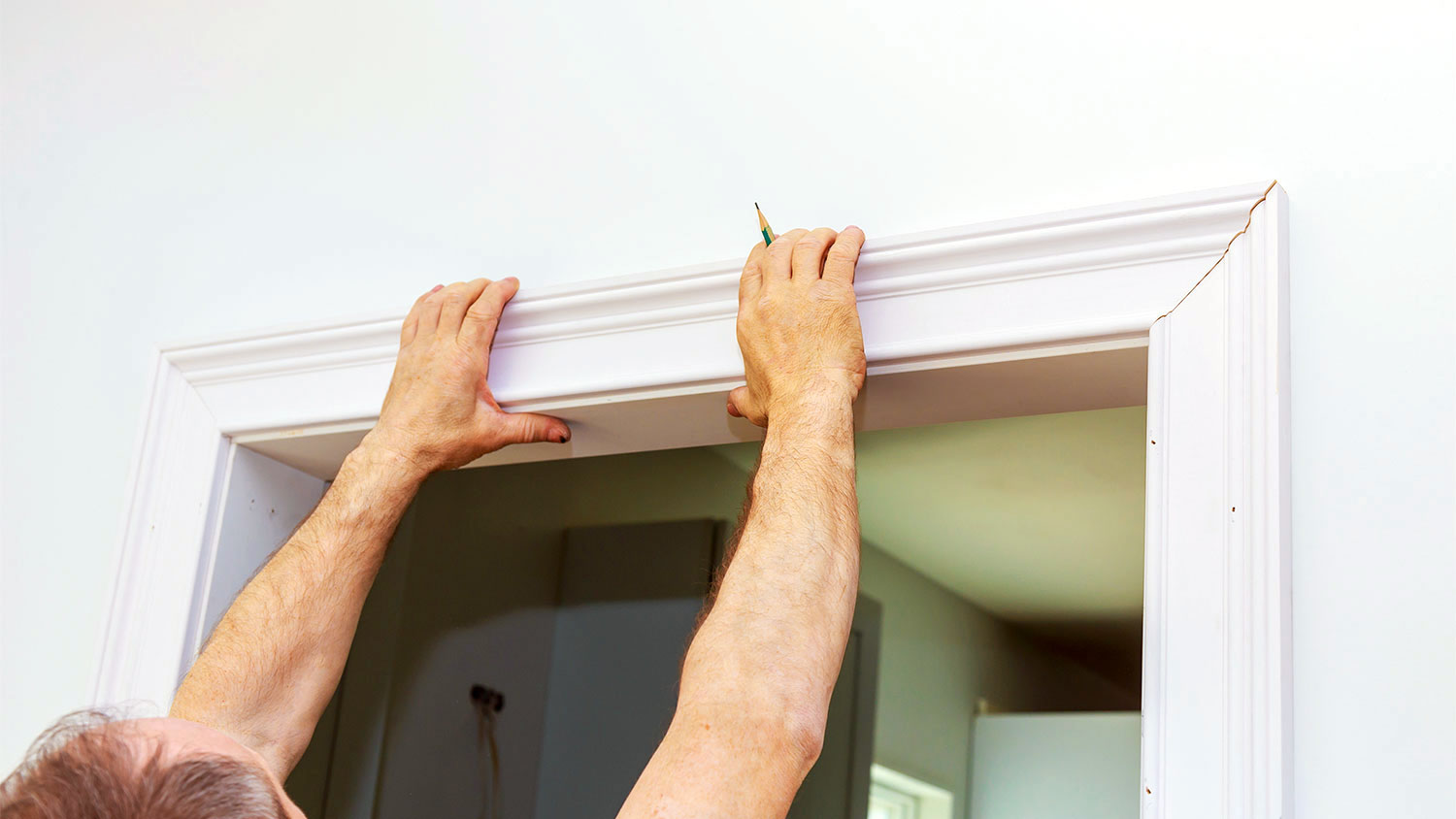
Explore how much it costs to replace floor joists based on factors such as the extent of damage, number of boards, and local labor rates.
A licensed elevator company should install a home elevator to ensure code compliance, precise safety testing, quality materials, and reliable performance from planning through maintenance


Installing a home elevator is a specialized project best handled by a licensed elevator company with structural, electrical, and code expertise.
The main cost factors include elevator type, space and structural needs, electrical work, custom features, permits, and inspections.
Professional installation delivers thorough safety testing, including load tests, correct stopping, and reliable operation.
Quality materials and pro-grade tools improve durability and performance while reducing long-term issues.
A key tip is to partner with an elevator contractor that offers ongoing maintenance support after installation.
This article was created using automation technology and thoroughly fact-checked and edited by HomeAdvisor Editor Ryan Noonan.
If you’re asking who installs home elevators, the answer is a licensed elevator company. This technical work spans structural assessments, electrical integration, and strict code compliance. Pros manage permits, inspections, installations, and safety testing to ensure your system operates safely.
Use this hiring guide to understand pro roles, required expertise, and why DIY or general contractors are not the right fit for elevator installation.
Hiring a licensed elevator company ensures a safe, code-compliant installation from planning through final testing. These specialists assess structure and power, recommend hydraulic, traction, or pneumatic options, and execute precise construction. You also gain quality materials, tailored design choices, and long-term support to keep the system running reliably.
Here are some of the top reasons to hire a licensed elevator company:
Specialized knowledge across structural, electrical, and hydraulic systems
Full management of permits and required inspections
Comprehensive safety checks, including load testing and calibration
Clear guidance on hydraulic, traction, or pneumatic elevator types
Custom design recommendations to fit your space and style
Access to professional-grade tools and high-quality materials
Ongoing maintenance support after installation
Code-compliant planning and execution that avoids fines
End-to-end project management from consultation to handoff
A general contractor is a skilled coordinator, but elevator installation demands elevator-specific training and engineering knowledge. Without that background, a general contractor can miss critical safety regulations, code requirements, or specialized mechanisms, creating risks during installation and long after the system is in use.
For safe, compliant operation, hire local elevator experts rather than a general contractor for this project to ensure safety and code compliance.
Elevator companies complete the project from consultation through final inspection, following precise steps that prioritize safety and compliance. Here’s a look at their process:
Select a location based on space, structural support, power access, and accessibility flow
Obtain building permits and schedule inspections with local officials
Inspect the foundation and assess ground conditions for potential issues
Install the elevator tower and structural components
Set up the hydraulic system and required controls
Add safety features such as panels, weather enclosures, doors, and interlocks
Test the elevator thoroughly for load capacity, accurate stopping, and safe operation
Home elevators cost an average of $4,200, with prices ranging from $700 to $12,000. The total cost depends on the elevator type (hydraulic, traction, or pneumatic), necessary structural adjustments, electrical work, and any custom features or finishes. Permits and inspections also influence pricing. Professional installers can suggest savings that do not compromise safety or quality.
From average costs to expert advice, get all the answers you need to get your job done.

Explore how much it costs to replace floor joists based on factors such as the extent of damage, number of boards, and local labor rates.

Explore how much it costs to replace stairs based on factors such as the project complexity, staircase style, materials, and labor rates.

Use this guide to budget for oak flooring installation based on factors such as room size, type of flooring, stain and sealant, and labor.

Who installs stair lifts? Learn if stair contractors or elevator companies handle stair lift installation, plus benefits and steps to guide your choice

Find who to call to replace a toilet—plumber vs. handyperson—plus steps, timing, and costs. Learn how pros prevent leaks and protect your bathroom

Find who to hire to replace a door frame. Compare door repair pros vs. handypersons, process, and costs so you hire with confidence.